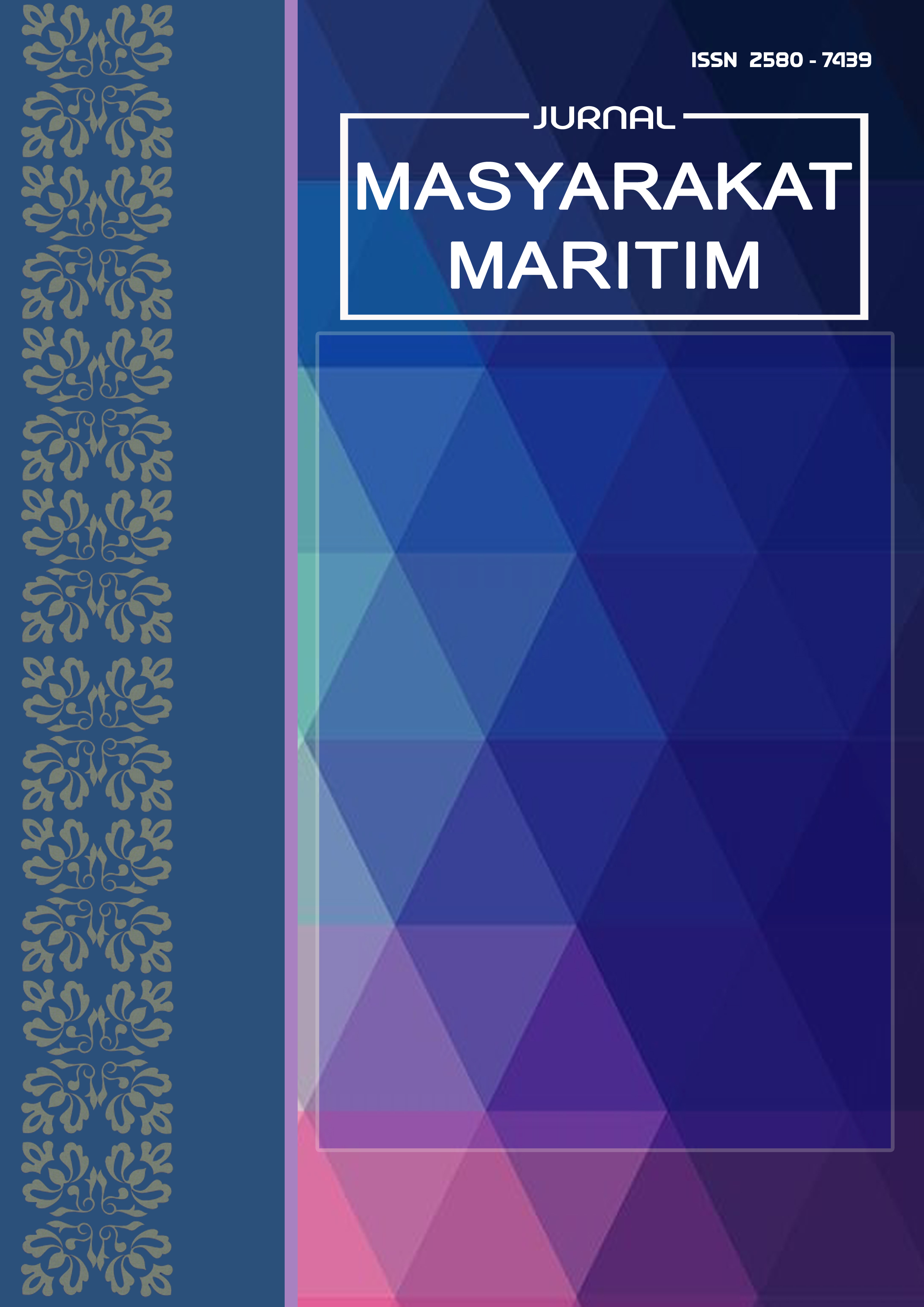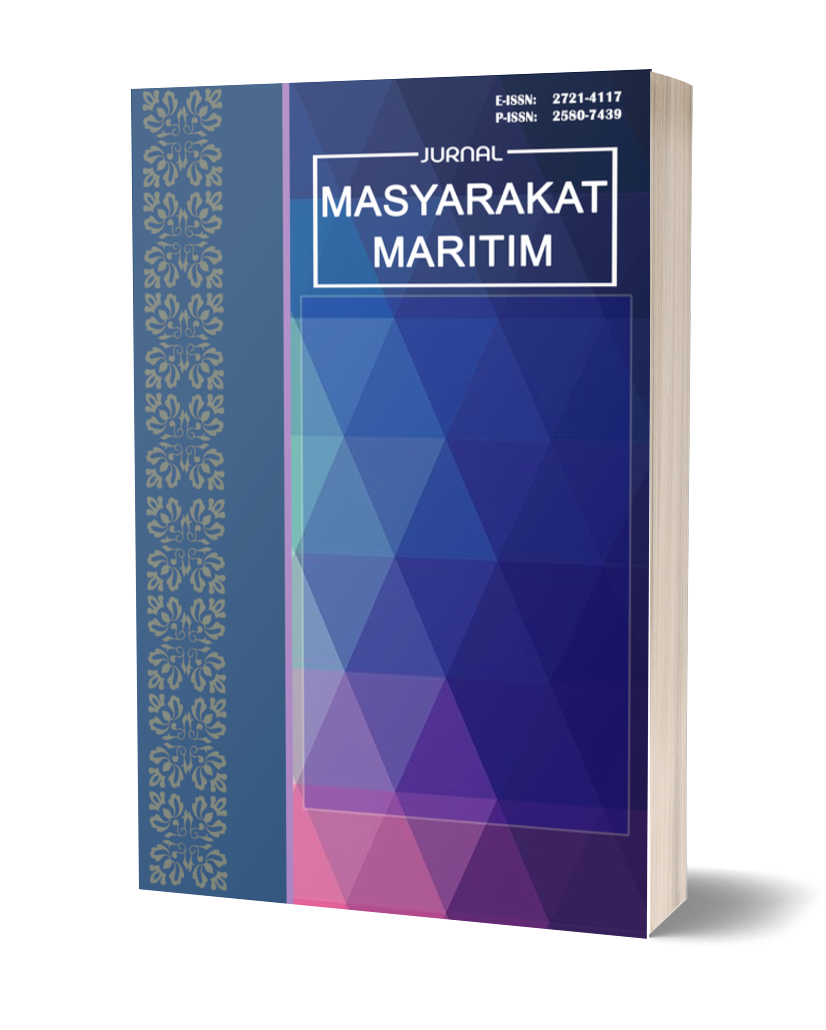The Meaning of the Word "Homeland" According to the Perspective Indonesian Nation
DOI:
https://doi.org/10.31629/pk8ngj81Keywords:
perspective, meaning, homeland, archipelagoAbstract
The term “homeland” holds a profound and multidimensional meaning in the context of the Indonesian nation, reflecting not only a geographical territory but also an emotional, cultural, and ideological bond uniting diverse ethnic groups within one national identity. This study explores the meaning of “homeland” (tanah air) from a sociocultural and philosophical perspective, emphasizing its significance in shaping national consciousness and patriotism among Indonesians. Using a qualitative descriptive approach, this research analyzes literary works, historical narratives, and cultural expressions that illustrate how the Indonesian people conceptualize their homeland as both physical land (tanah) and life-giving water (air). The findings reveal that the word “homeland” symbolizes the inseparable relationship between people and nature, portraying Indonesia as a living entity that nurtures and sustains its citizens. It embodies a sense of belonging, sacrifice, and shared destiny rooted in collective struggle against colonialism and the aspiration for independence. From a sociological viewpoint, “homeland” functions as a moral and emotional foundation that strengthens social solidarity and unity amidst diversity. It also serves as a source of identity and pride that motivates citizens to protect national sovereignty and preserve cultural heritage. The study concludes that, for the Indonesian nation, the word “homeland” transcends territorial boundaries—it represents a spiritual and symbolic space where history, identity, and national ideals converge. Strengthening this awareness is crucial to maintaining unity and resilience in an era of globalization and cultural transformation.
Downloads
References
Anshoriy Ch.N., & Arbaningsih. 2008. Negara Maritim Nusantara: Jejak Sejarah yang Terhapus. Yogyakarta: Tiara Wacana.
Arini, A.D. 2014. Bentuk, Makna, dan Fungsi Bahasa Tulis Media Sosial Sebagai Alat Komunikasi dan Interaksi Pada Internet. Jurnal Skriptorium, 2(1): 35-49.
Chaer, A. 2011. Ragam Bahasa Ilmiah. Jakarta: Rineka Cipta.
Djajasudarma, F. 2012. Semantik 1. Bandung: Refika Aditama.
Efendi, E. 2015. Analisis Komponen Makna Kata yang Bermakna Dasar Memukul dalam Bahasa Madura Dialek Pamekasan. Jurnal Publika Budaya, 1(1): 1-14.
Istifaiyah, N. 2017. “Makna Kata Fath dan Derivasinya dalam Alquran (Kajian Semantik)” dalam Tesis UIN Sunan Kalijaga.
Kustriyono, E. 2016. Perubahan Makna dan Faktor Penyebab Perubahan Makna dalam Media Cetak: Kajian Semantik Jurnalisme. Jurnal Bahastra, 35(2): 13-25.
Lapian, A.B. 1992. Sejarah Nusantara Sejarah Bahari. Jakarta: Universita Indonesia.
Lombard, D. 2005. Nusa Jawa Silang Budaya Jilid 1; Batas-batas Pembaratan. Diterjemahkan oleh Winarsh Partaningrat dkk. Jakarta: Gramedia Pustaka Utama – Forum Jakarta Paris.
Musfiroh, T. 2004. Perbedaan Makna Kata-Kata Bahasa Indonesia Serapan Bahasa Arab dari Makna Sumbernya. Jurnal Diksi, 11(1): 38-56.
Muzaiyanah. 2012. Jenis Makna dan Perubahan Makna. Jurnal Wardah, 24(25): 145-152.
Nugraheni, Y. 2006. Perubahan Makna Pada Istilah Ekonomi. Jurnal Value Added, 2(2): 1-15.
Salim. 2014. Kodrat Maritim Nusantara: Catatan Strategis Kemaritiman. Yogyakarta: LeutikaPrio.
Sarnia. 2015. Polisemi dalam Bahasa Muna. Jurnal Humanika, 15(3): 1-16.
Tudjuka, N.S. 2018. Makna Denotasi dan Konotasi Pada Ungkapan Tradisional dalam Konteks Pernikahan Adat Suku Pamona. Jurnal Bahasa dan Sastra, 3(2): 1-14.
Published
Issue
Section
License
Copyright (c) 2025 Endro Tri Susdarwono (Author)

This work is licensed under a Creative Commons Attribution-ShareAlike 4.0 International License.














